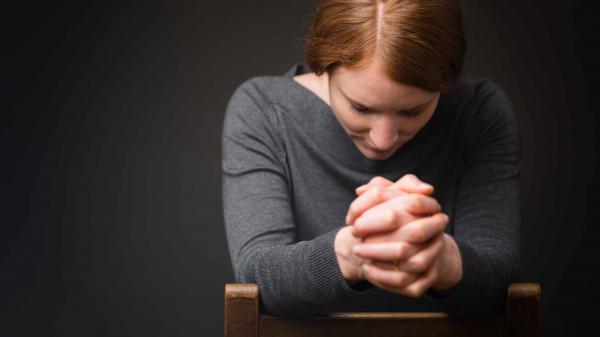
There are a considerable amount of American believers who have doubted their faith during their lives.
A Pew Research Center report from 2015 found that about 34 percent of American believers identify with a religious belief other than the one they were raised in, a climb from the 28 percent who said the same in 2007.
This number only increases if you consider believers who switched between delineation of a particular faith, like from mainline Protestantism to the evangelical tradition, Pew explained, making the total share of Americans who believe a different religion than their childhood faith closer to 42 percent.
Doubt is, no question, an important part of developing your faith. Author and speaker Mike McHargue and musician Michael Gungor, both religious experts, talked with The Huffington Post about how important doubt can be since it may actually help you get more in touch with your religious beliefs.
Believers will sometimes doubt their religion either because of organizational issues, like their church's specific beliefs and how it fits into their lives, or because they feel like they don't belong in a specific religious culture, Gungor and McHargue told HuffPost.
It's sometimes healthy for believers to have doubts about their religion, though, because it means believers are comfortable with asking questions about their faith. Ann Sullivan wrote something similar for Christianity Today - doubt helps believers ask questions that make them understand their religion more and gain enough knowledge to teach their beliefs to others.
"For me, doubt was a painful experience, but ultimately it shaped me into the kind of teacher I am today," she wrote. "Asking questions is how God prepared me to teach others. He placed within me a thirst for knowledge, and then wonderfully quenched it with his truth."
But believers should still be wary of this, experts told HuffPost.
"Depending on your faith background, you may have to be careful," McHargue told HuffPost. "You may actually stand at some form of risk or your relationships could be strained as a result. I'd encourage the doubting person to start by finding one person who is safe, who you can be completely honest with. Then, find another person. Once you've brought your close loved ones into that circle, the next thing is to find a community that accepts you exactly as you are, that is challenging for you and that helps you become who you could be."
These aren't the only pieces of advice to guide you when you have doubts about God and your faith. Here are a few more, found on Twitter:

